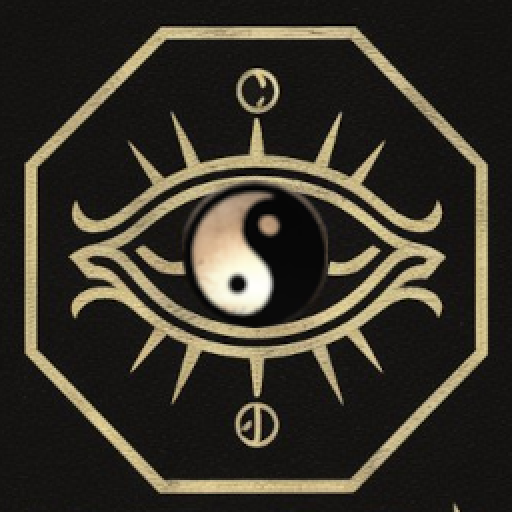AI-Powered Technology Providers https://apps.mysticomni.com/dreamanalysis
Original
戴冠登车官欲迁 自戴帽头巾帽吉 簪冠登台职位迁 贵人与之衣冠吉
新换衣冠禄位至 烧毁官帽欲更官 失去官帽主退职 拾得冠带禄位至
与人公服主得职 人与公服加官职 女着冠带主生子 洗笏染服新官来
执笏见贵人大吉 笏破忧凶主不祥 与人笏授主官迁 腰带者主官至吉
文书用印有名声 带印主妻生贵子 着新袍主添妻妾 着锦绣衣子孙荣
洗染衣服皆大吉 披蓑衣主大恩至 被油污衣大恩泽 衣服忽破妻外心
新衣攒来百事凶 与人衣服主患至 裁衣着孝衣皆吉 衣带自解百事吉
着黄衣皂衣皆吉 着白衣主有人请 着青衣神有助力 着蓝绣衣妻大利
从人着紫主情弊 众人着青家人散 众人着白主官事 众人着红大吉利
妻着夫衣生贵子 女人着衫平无事 与人共衣妾私情 失却衣服妻难产
好被自盖得富贵 人着己履妻有私 得靴鞋主奴婢吉 的履主奴婢逃走
脱靴束带主有凶 鞋破子孙妻妾病 着麻鞋百事和合 新授官爵主贵子
乞得鞋履人助力 木履脱时已出危
Interpretation
Translation
Wearing a crown and boarding a carriage foretells an official promotion. Wearing one’s own hat or headscarf brings good fortune. Pinning on a crown and ascending a platform signifies a change in position. A noble giving clothes and a crown brings good fortune. Exchanging new clothes and hats foretells the arrival of wealth and position. Burning official hats indicates a desire for a new position. Losing an official hat foretells resignation. Picking up a crown and belt foretells wealth and position. Wearing official attire with others foretells obtaining a position. Others giving official attire foretells an increase in rank. A woman wearing a crown and belt foretells the birth of a son. Washing a tablet and dyeing clothes foretells the arrival of a new official. Holding a tablet and meeting a noble is very auspicious. A broken tablet foretells misfortune and ominous signs. Giving a tablet to others foretells an official transfer. Wearing a belt foretells an official position and good fortune. Using a seal in documents brings fame. Wearing a seal foretells that one’s wife will bear a noble child. Wearing a new robe foretells the addition of wives and concubines. Wearing brocade clothes foretells honor for one’s descendants. Washing and dyeing clothes are all very auspicious. Wearing a straw raincoat foretells great grace. Clothes stained with oil foretell great grace and favor. Clothes suddenly tearing foretell a wife’s infidelity. New clothes brought in foretell misfortune in all matters. Giving clothes to others foretells trouble. Cutting clothes and wearing mourning clothes are both auspicious. Belts untying by themselves foretell good fortune in all matters. Wearing yellow or black clothes are both auspicious. Wearing white foretells being invited by someone. Wearing blue clothes foretells divine assistance. Wearing blue embroidered clothes foretells great profit for one’s wife. A wife wearing her husband’s clothes foretells the birth of a noble child. A woman wearing a shirt foretells peace. Sharing clothes with others foretells a concubine’s affair. Losing clothes foretells a wife’s difficult childbirth. A good quilt for oneself foretells wealth and nobility. Others wearing one’s shoes foretells a wife’s affair. Obtaining boots and shoes foretells good fortune for servants. Losing shoes foretells servants running away. Taking off boots and tying belts foretell misfortune. Broken shoes foretell illness for descendants and wives and concubines. Wearing straw sandals foretells harmony in all matters. Being granted a new official title foretells a noble child. Begging for shoes foretells receiving help from others. Wooden clogs being taken off foretell that danger has passed.
Cultural Explanation
This passage reflects ancient Chinese cultural beliefs about the symbolism of clothing and accessories as omens for one’s future. It is a collection of sayings that associate various articles of clothing, actions related to them, and their conditions with predictions of good or bad fortune. The text is rich in symbolism, where each element carries a specific meaning associated with prosperity, health, social status, and family matters.
For example, wearing a crown or official attire is often associated with an increase in rank or official position, while the act of washing or dyeing clothes is seen as a way to cleanse oneself and attract good fortune. The color of the clothes also has specific meanings, with yellow and black being auspicious, white indicating an invitation, and blue suggesting divine assistance.
This kind of folk wisdom was an integral part of traditional Chinese culture, where people believed that observing and interpreting these signs could provide guidance for their actions and decisions. Even though these beliefs may not be taken literally today, they offer a fascinating glimpse into the cultural practices and mindset of ancient China.
Refs:
Uncovering the Mystery of Dreams: Eastern Theory
Uncovering the Mystery of Dreams: A Modern Interpretation of Ancient Oriental Art
